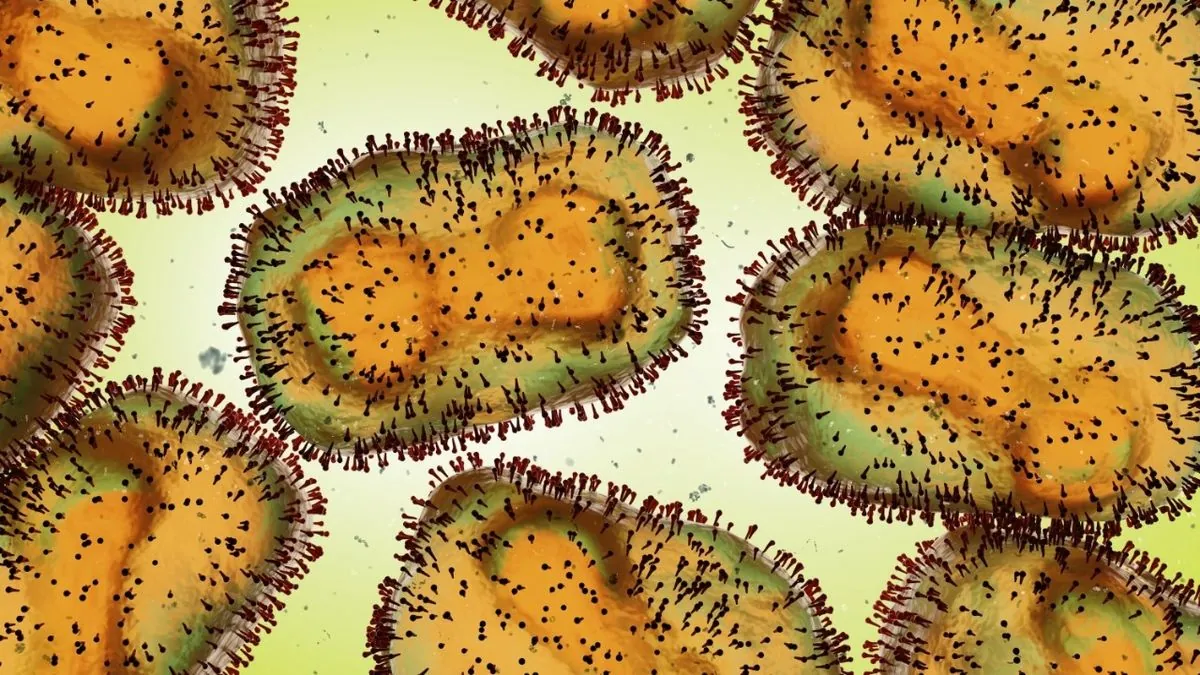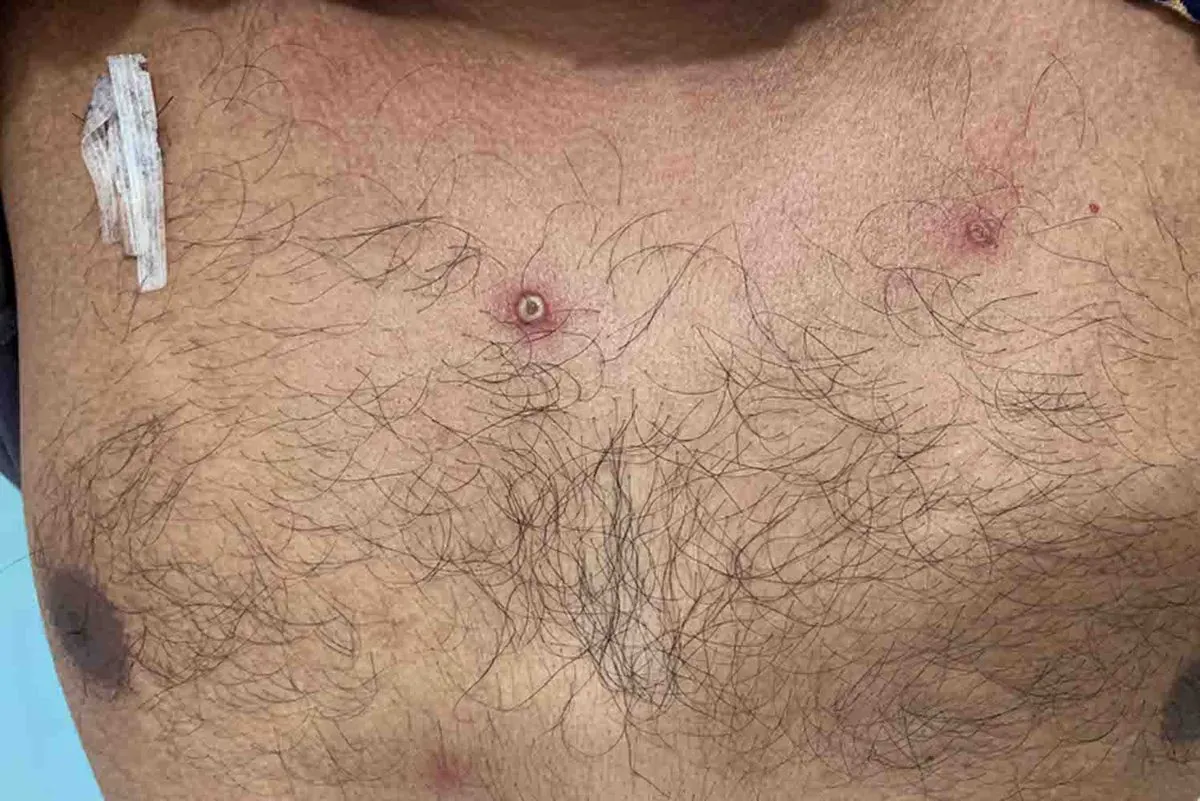Sweden Detects First Non-African Case of Severe Mpox Variant
Swedish health officials have identified the first case of mpox clade 1 variant outside Africa, following WHO's recent health emergency declaration. The patient, infected during travel, is receiving care in Stockholm.

Swedish health authorities have reported the first detection of a more severe mpox variant outside of Africa, just one day after the World Health Organization (WHO) declared a health emergency. This development marks a significant milestone in the global spread of the virus.
Magnus Gisslén, state epidemiologist at the Public Health Agency of Sweden, confirmed that a patient in the Stockholm region was diagnosed with the clade 1 variant of mpox. The individual contracted the virus during a visit to an African region where this variant is prevalent. Health officials have provided care to the patient and are closely monitoring the situation.
The clade 1 variant, including its offshoot clade 1b, has been associated with more severe illness and higher mortality rates compared to the clade 2 variant responsible for the 2022 global outbreak. However, experts caution that the higher death rates may be influenced by factors such as weaker healthcare systems and more vulnerable populations in affected areas, rather than solely due to differences in the virus itself.

Despite this concerning development, Swedish officials and the European Center for Disease Prevention and Control (ECDC) maintain that the risk to the public remains low. They anticipate occasional travel-related cases but expect a new risk assessment to be released soon.
The emergence of clade 1b has raised particular concern among health experts due to its ability to spread through sexual contact, which is considered the most efficient transmission method for the virus. This characteristic increases the potential for cross-border spread.
"The ongoing African outbreak, driven by clade 1 variants, poses a significant health challenge that requires immediate attention and coordinated global response."
It's important to note that mpox, formerly known as monkeypox, has a rich history dating back to its discovery in 1958. The virus belongs to the same family as smallpox and can infect a wide range of mammals. The first human case was recorded in 1970 in the Democratic Republic of Congo.
Mpox symptoms typically appear 6-13 days after exposure, with the illness usually lasting 2-4 weeks. The fatality rate has historically ranged from 0-11% in the general population. The 2022 global outbreak was the largest known occurrence of mpox outside of Africa, highlighting the virus's potential for widespread transmission.
Prevention and treatment options for mpox continue to evolve. The Jynneos vaccine, originally developed for smallpox, has shown effectiveness against mpox. Additionally, the antiviral drug tecovirimat (TPOXX) is available for severe cases, though its efficacy is still under study.
As the situation develops, health authorities worldwide remain vigilant, emphasizing the importance of awareness, early detection, and appropriate public health measures to contain the spread of this more severe mpox variant.


































